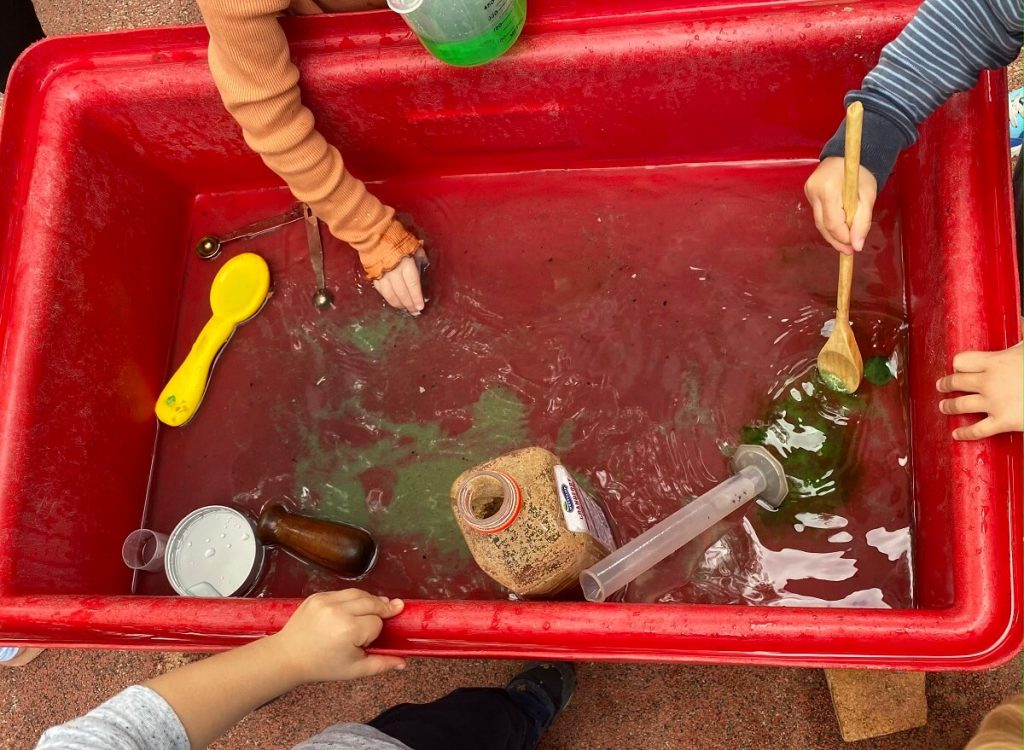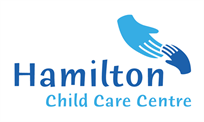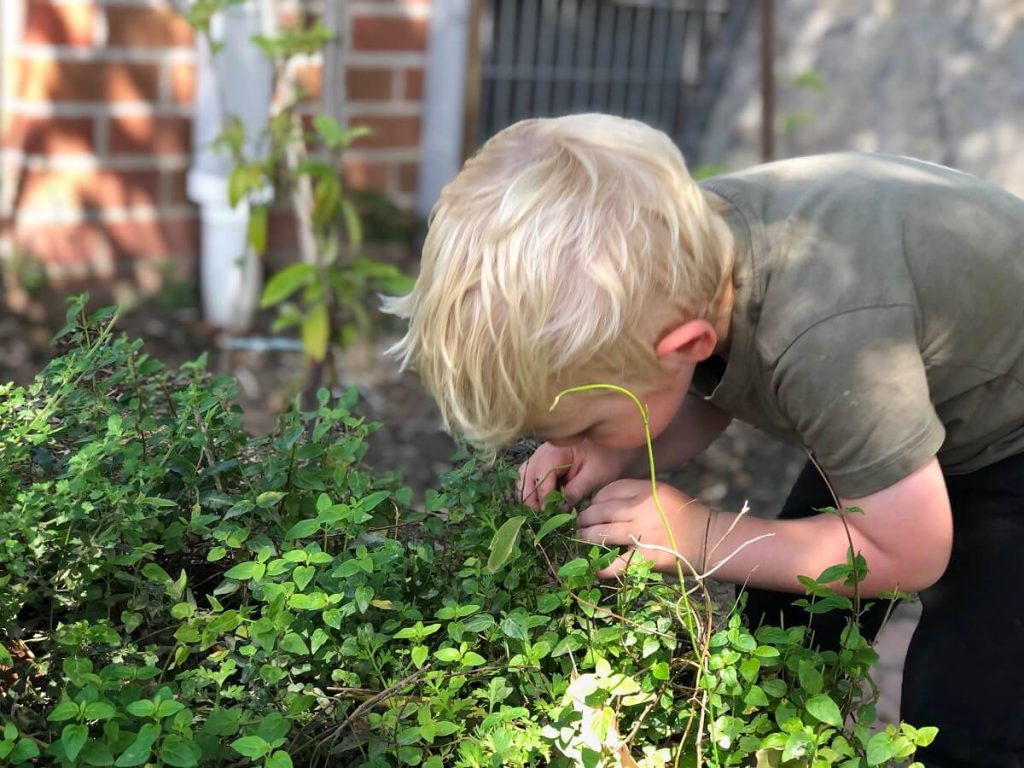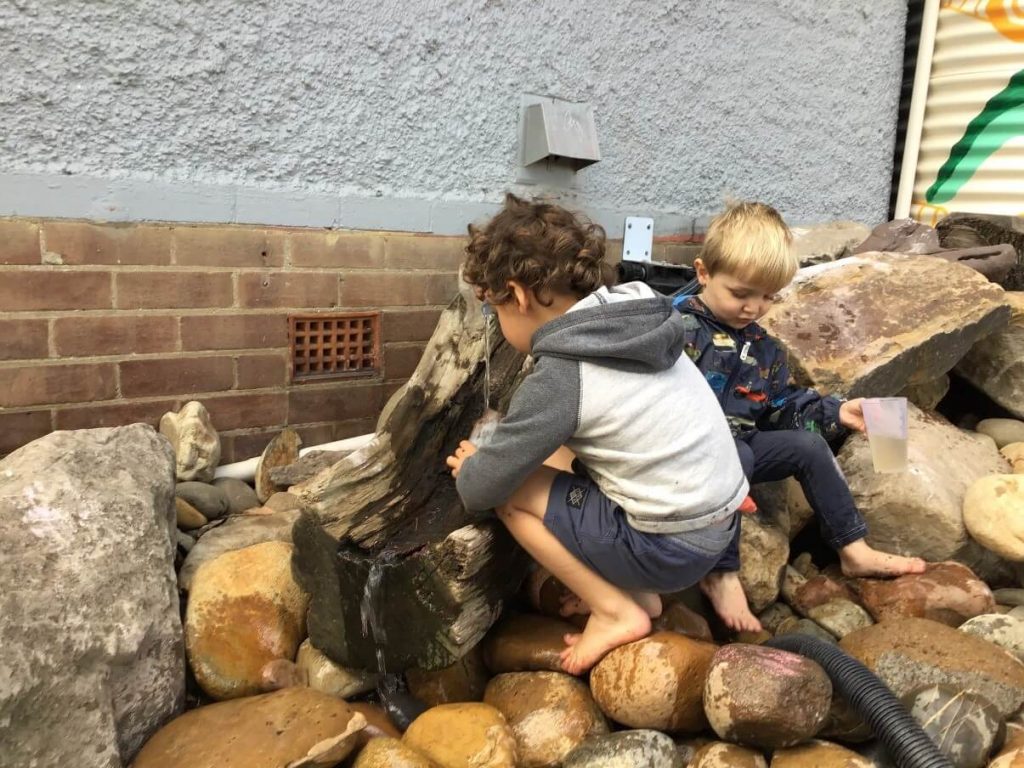Our programming is influenced by a variety of approaches and theorists, but most importantly by the Reggio Emilia approach to educating young children.
The Educational Project of Reggio Emilia inspires and influences the way the educators think and work with the children of Hamilton Child Care Centre. An important part of our everyday practice is understanding that every child is a competent and capable citizen of our learning community with unique learning dispositions, knowledge and interests.
Other approaches and theorists also influence decision making within our teaching practices, but the Reggio Emilia approach is used foremost in educating our children.
Play Based Learning
We offer an emergent program through play based, hands-on learning where children are afforded opportunities to be autonomous over many of their choices and learning opportunities. Our daily routines and programs are inspired by our belief that children are competent, resourceful, and capable of making their own decisions about their learning.
At the beginning of each day, children welcome one another and educators beginning with our acknowledgement of country at a ‘Morning Yarn’. This time allows us to reflect upon our environments and the potential for learning from children’s interests and educators intentional teaching and ‘frames’ our thinking for the day ahead. Importantly we remember how to show care and respect for one another and our environments.
Educators ‘set the scene’ through the provision of invitations and provocations within our learning environments based on children’s thinking and collaborations with educators, ensuring there is an emphasis upon the natural world. The outside environment is as important to the program and to children’s learning as indoor spaces and children are encouraged to spend time in both.
As a play-based space, we know the importance of allowing children freedom and time to play and explore, but also to have a balance in their day with intentional teaching opportunities offered. These may be instigated by an educator around a topic of interest, a seasonal concept, community involvement or spontaneous learning through conversation and connection. This learning will be co-constructed with the children as we make discoveries together.
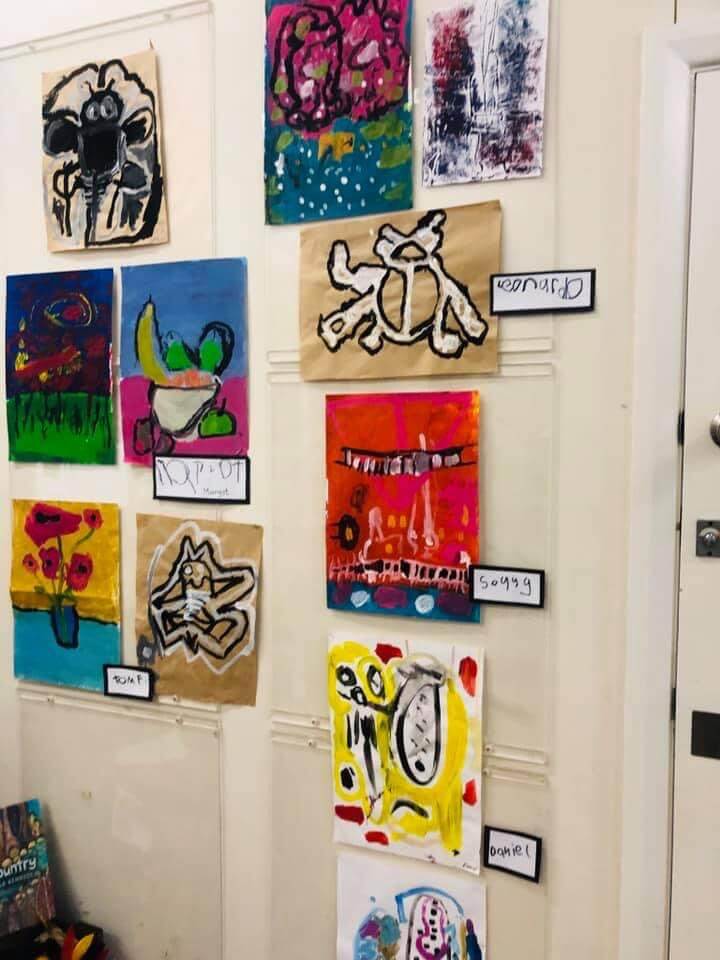
Foster Creativity
We believe in the importance of creativity and providing children with opportunities to explore, experiment and theorise about their world through their discoveries and play with others – educators and peers.
Our Art Studio space is an extension of this thinking allowing children to work alone or in small groups to represent their thinking through various mediums and forms of expression. Deep thinking is encouraged through small group project work where children are encouraged to look together and find out more. This inquiry based learning and children’s insights across time is documented and shared on our walls here and on our documentation sharing platform, Storypark.
This documentation is an important component of the program. The child’s voice is vital and through collecting and displaying their ideas and theories sensitively our children know they are heard, respected, and seen as competent people, truly part of this learning community.
Collaboration and Evaluation
Planning is influenced by the information provided to us from each family at the beginning of the year as we work in partnership and through consequent conversation and feedback as we progress our year of learning together.
Parents and caregivers are invited and encouraged to share thoughts, ideas and questions to help build the learning for their child as well as the learning in which we work. Conversation, feedback via Storypark, shared understandings and working collaboratively to find out about children’s thinking creates true relationship and understanding of children and educator’s work through inquiry based play.
Educators meet weekly to discuss and evaluate the program as well as look at emerging interests of the children and to look more broadly at our environments and community context.
